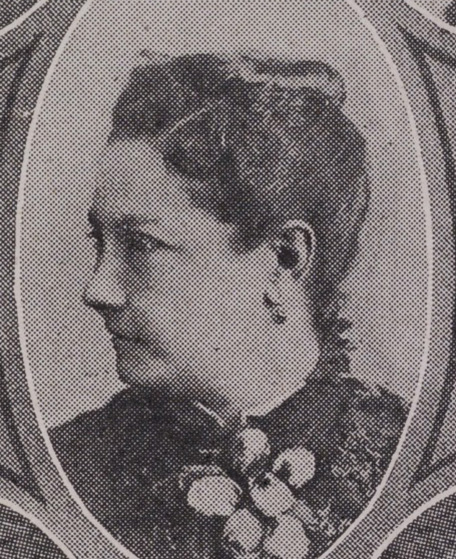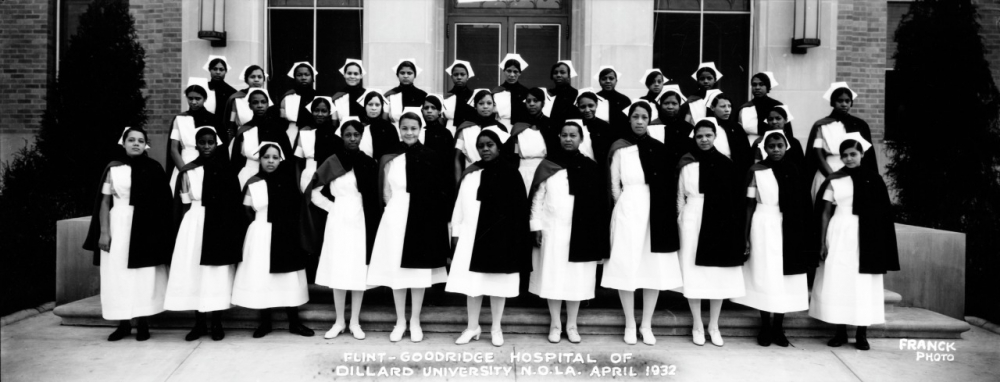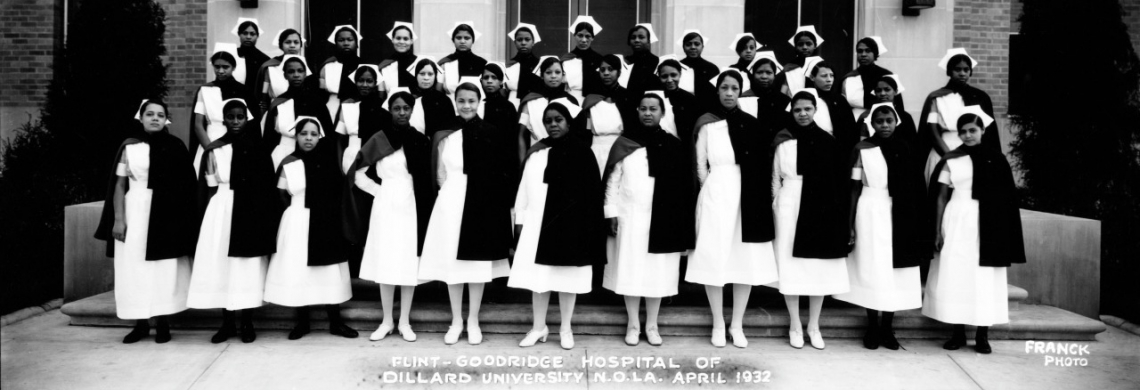Living as a middle-class African American in New Orleans during the turbulent post-Reconstruction era, Sylvanie Francoz Williams both witnessed and personally experienced the struggles black people faced when they advocated for equal rights and economic equality. Faced with these issues, Williams became actively involved in the fight for equity in education and the rights of African American women.

This image of Sylvanie Williams appeared in the 1920 book Progress of a Race, published one year before her death. (THNOC, gift of an anonymous donor, 2016.0087)
Williams and her husband, Arthur P. Williams, made significant contributions to the education of the city’s African American population. Williams was a graduate of the Peabody Normal School, an academy dedicated to preparing African Americans to teach in public schools, and she later served as the Peabody’s principal and only teacher. In 1896 Williams became the first principal of the Thomy Lafon School, but just four years later the school burned during a race riot. Under her steadfast leadership, the school was rebuilt in six years, and she remained principal until 1921, when she retired shortly before her death.
As founder and president of the local Phillis Wheatley Club, which was affiliated with the National Association of Colored Women (NACW), Williams steered the club’s 1896 opening of a nursing school for young black women (which eventually became part of the Flint-Goodridge Hospital of Dillard University), which included a free medical clinic. In 1901, the club established a kindergarten and day care program for working women. At a time when black women were being excluded from the larger suffrage movement, Williams and the Phillis Wheatley Club advocated for African American women’s right to vote.

A group of nurses is pictured outside of the Flint-Goodridge Hospital in 1932. In 1896, Williams pushed for the opening of the nursing school that would eventually become Flint-Goodridge. (The Charles L. Franck Studio Collection at THNOC, 1979.325.6550)
An active member of the NACW, Williams served as an officer of the organization and fought unsuccessfully for its inclusion in the National Council of Women. In 1915 she led a campaign that funded the first public playground for African American children in New Orleans.
Following Williams's death in 1921, her legacy of public service was commemorated by the naming of a community service organization, a swimming pool, and an elementary school in her honor.
This story was adapted from content in THNOC's 2016 exhibition Voices of Progress: Twenty Women Who Changed New Orleans. The exhibition is now available online under "Virtual Exhibitions." Explore more stories from the exhibition here.













